The Ho Chi Minh City People's Committee has just submitted a proposal for a policy to develop preschool education in areas with industrial parks and large labor concentrations.

92,000 preschool children of workers in Ho Chi Minh City receive increased tuition subsidies
According to the Ho Chi Minh City People's Committee, in fact, after the merger of 3 administrative units (Ho Chi Minh City, Binh Duong, Ba Ria - Vung Tau ), Ho Chi Minh City became a special urban area with a large population, of which a large proportion were workers in industrial parks and export processing zones. However, because each locality previously had its own resolution, the level of support for children, teachers and preschools was still different and inconsistent.
In addition, many policies have not been effective due to high constraints. For example, the regulation that at least 30% of the children in a facility must be children of workers to be eligible for support has resulted in many independent childcare groups and kindergartens not being eligible, while in reality they are still mainly serving children of workers. In addition, the support level for children (VND 160,000/month) and teachers (VND 800,000/month) is only at the minimum level, not commensurate with the cost of raising children and the professional pressure of preschool teachers.
According to statistics, Ho Chi Minh City has more than 1,000 independent preschools, 92,000 children of workers and about 6,000 non-public preschool teachers. Without timely policies, the rights of these subjects will be affected after the merger.
Therefore, the People's Committee of Ho Chi Minh City proposes: For independent preschools of the non-public and private type in industrial parks, where there are many workers, the facilities will be supported with funding to invest in facilities, equipment, utensils, and toys for raising children, to ensure safe care conditions, reducing the burden on the public system. At the same time, support of 35 million VND/facility (under 30 children); support of 55 million VND/facility (under 50 children); support of 70 million VND/facility (from 50-70 children).
For preschool children of workers and laborers in industrial zones, where many workers have signed labor contracts, each child receives a monthly allowance during the school year (maximum 9 months), with a support level of VND 240,000/child/month instead of the previous minimum level of VND 160,000/month. This policy aims to share economic difficulties with workers, encourage them to send their children to school, and ensure fairness in access to education.
For non-public preschool teachers working at the above facilities, they will receive support of 1,000,000 VND/month, provided that they have the training level for the title of preschool teacher according to regulations; have a labor contract with a private preschool education facility and directly care for and educate children in the nursery group/kindergarten class. The support period is calculated based on the actual number of months of teaching in the school year.
This new policy expands the scope of application to “places with a large number of workers” as defined in Decree 145 instead of just being limited to areas with industrial parks. Thus, the policy will cover communes, wards and towns with 3,000 or more workers living with permanent or temporary residence registration, helping more children of workers benefit.
More than 8,000 ethnic minority students receive tuition support
Regarding tuition support, the Ho Chi Minh City People's Committee also has a document on the policy of supporting study costs for students, graduate students and researchers who are ethnic minorities in the area.
According to statistics, after the merger, Ho Chi Minh City has more than 509,000 ethnic minorities with 53 ethnic groups; of which, there are more than 8,000 students from secondary to university and about 200 graduate and doctoral students. In particular, many students from the Cham, Khmer, and Choro ethnic groups have difficult economic circumstances and are easily affected by increasing tuition fees.
Therefore, the Ho Chi Minh City People's Committee proposes the following support policy: Beneficiaries are students, postgraduates and doctoral students. The support level is determined by 60% of the basic salary for each person in a month and is received for a maximum of 10 months in an academic year. The support period (ie the number of years of study received) will comply with the regulations of the Ministry of Education and Training for each training program.
Thus, with the current basic salary of VND 2,340,000, each student, graduate student and researcher will receive support of about VND 1,404,000/month. In case the basic salary increases by more than 40% compared to the current level, the Ho Chi Minh City People's Committee will conduct an impact assessment and submit to the Ho Chi Minh City People's Council for consideration to adjust the support level to suit the actual situation.
This support policy applies to students of Cham, Choro, and Khmer ethnic groups residing in Ho Chi Minh City and studying at universities, colleges, and intermediate schools nationwide. In addition, students of other ethnic minorities, if they have just escaped near-poverty within 36 months and have permanent residence in the city, will also be considered for support.
For postgraduate level, the policy applies to Cham and Khmer graduate students and researchers residing in Ho Chi Minh City, studying at institutes, colleges and universities nationwide with postgraduate training functions. In the case of other ethnic minorities, beneficiaries must be poor or near-poor households according to the city's standards to be supported.
However, this policy does not apply to students who are studying under the selection program, university preparatory school, work-study program, second university degree, or have received tuition support policies according to current decisions and decrees of the Government.
Source: https://www.sggp.org.vn/con-cua-cong-nhan-hoc-mam-non-o-tphcm-duoc-ho-tro-240000-dongthang-post810388.html



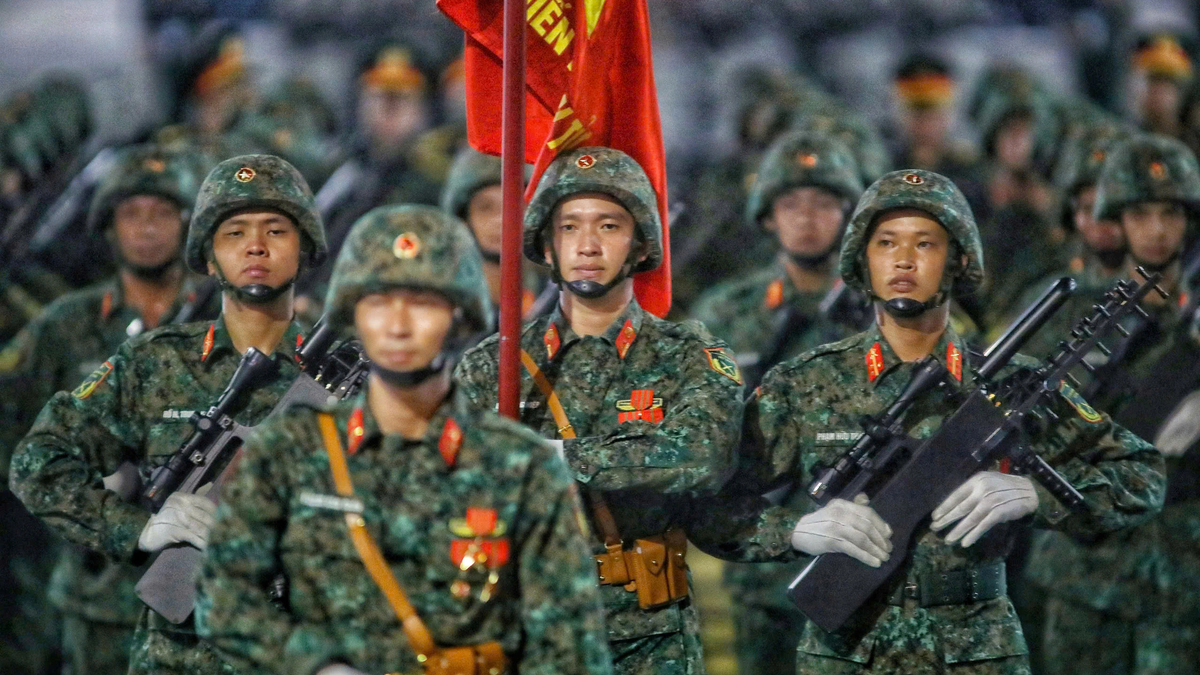
![[Photo] Images of the State-level preliminary rehearsal of the military parade at Ba Dinh Square](https://vphoto.vietnam.vn/thumb/1200x675/vietnam/resource/IMAGE/2025/8/27/807e4479c81f408ca16b916ba381b667)
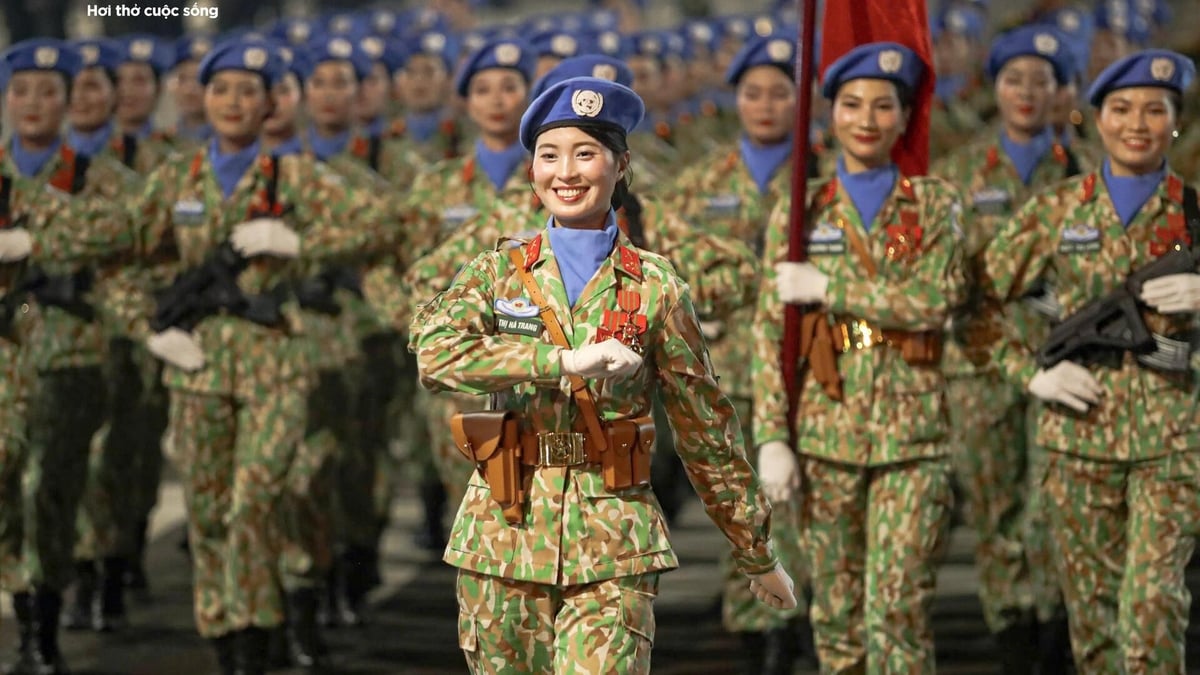
![[Photo] Parade blocks pass through Hang Khay-Trang Tien during the preliminary rehearsal](https://vphoto.vietnam.vn/thumb/1200x675/vietnam/resource/IMAGE/2025/8/27/456962fff72d40269327ac1d01426969)
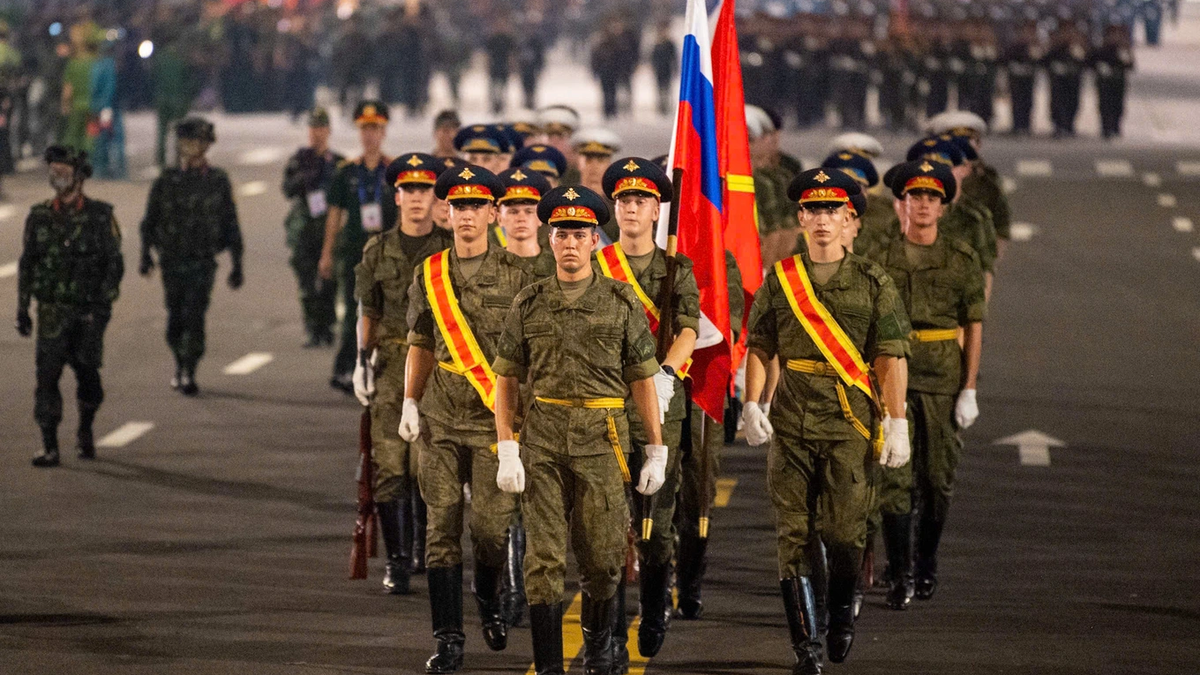
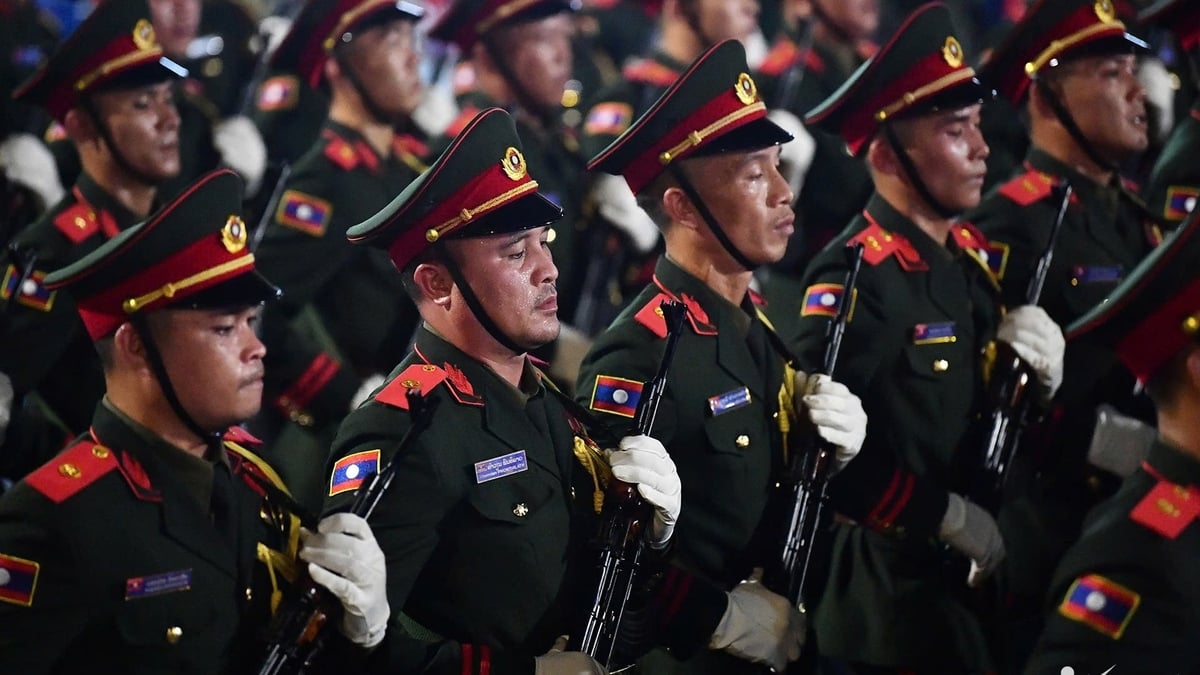


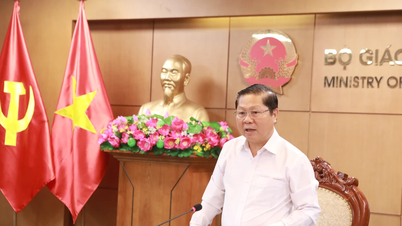

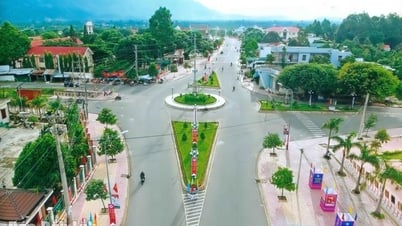

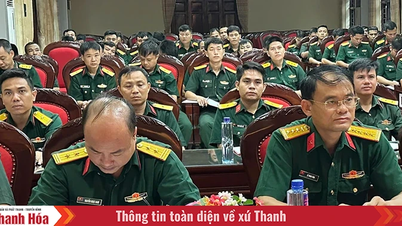
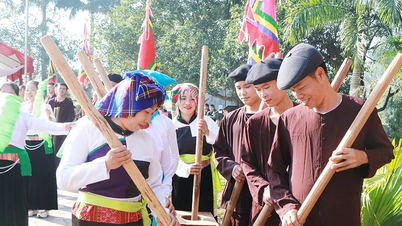

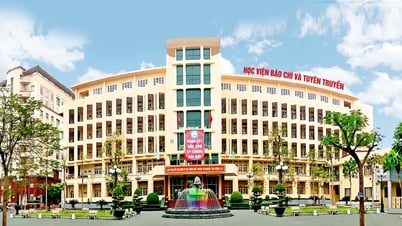







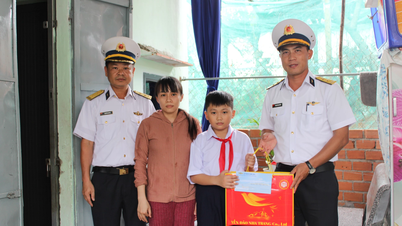


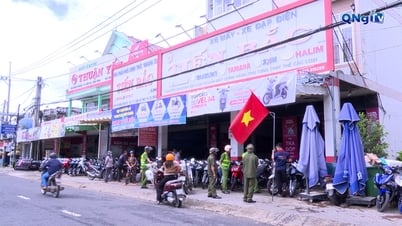





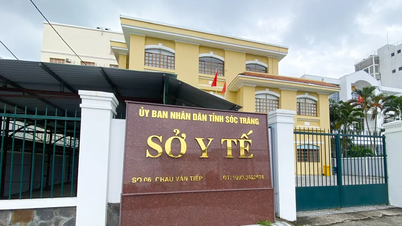


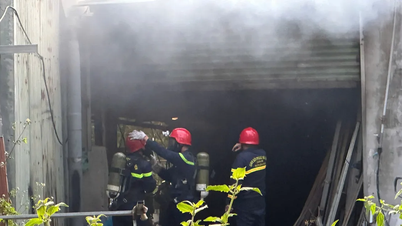
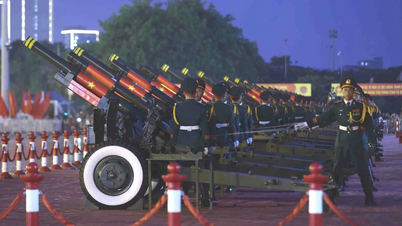
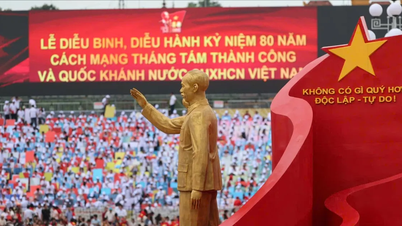
































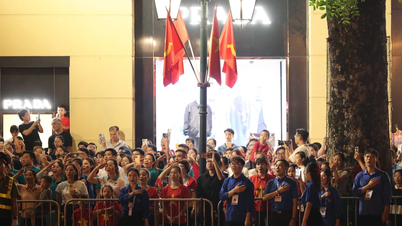

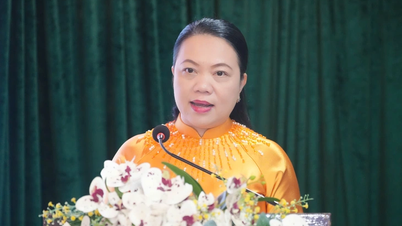
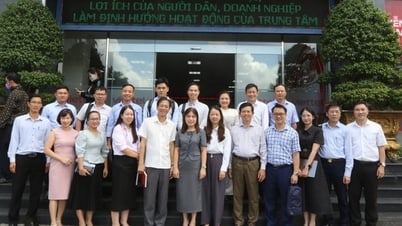





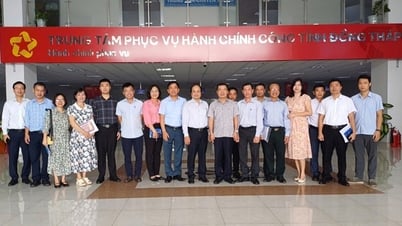
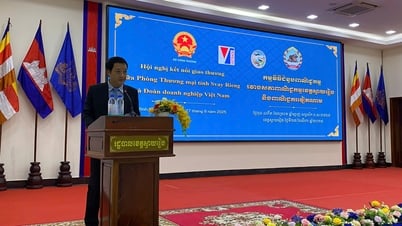


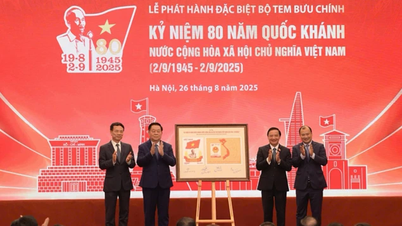
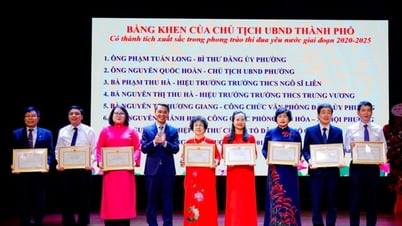


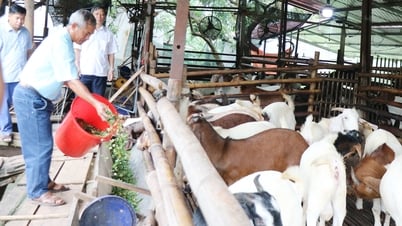












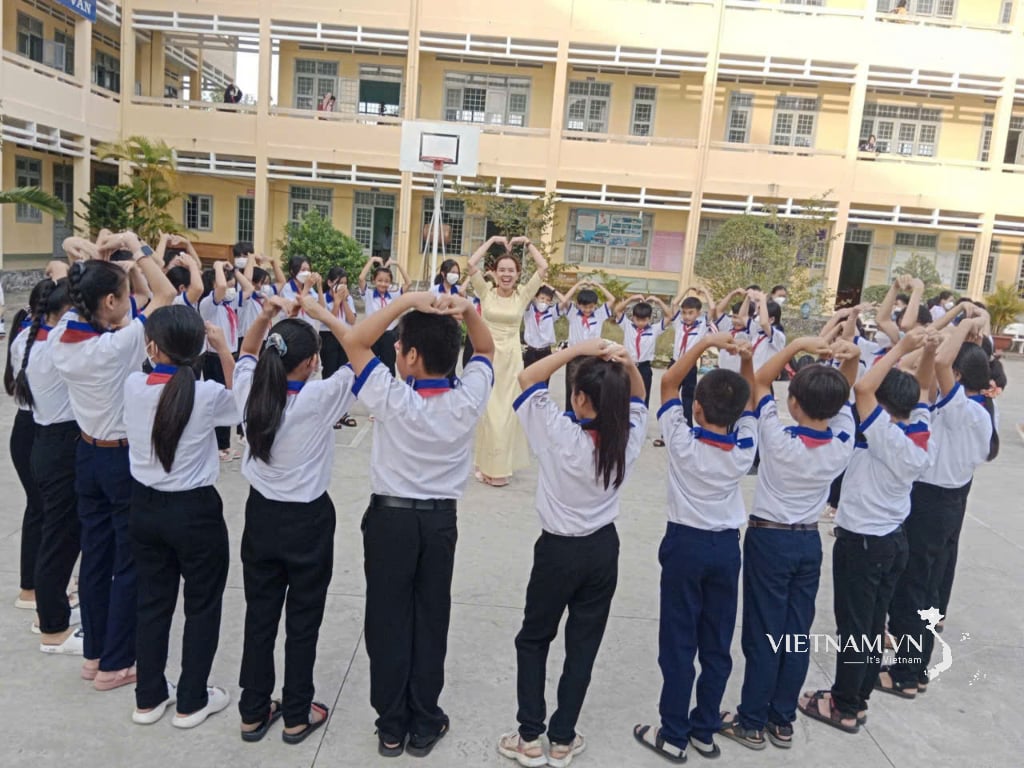



Comment (0)